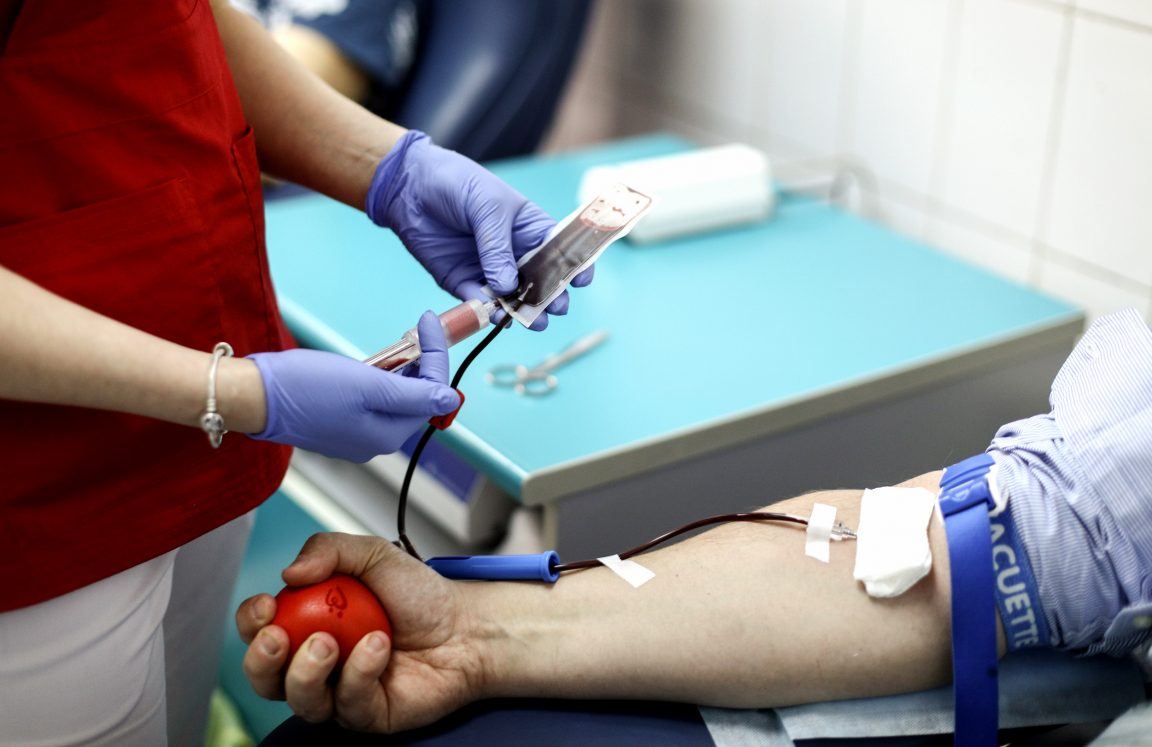The function of blood in the body is to distribute oxygen to all body tissues, but blood still has many other important functions. Such as, transporting food starch from the intestines to body tissues, regulating and controlling body temperature to regulating the distribution of hormones.
Can you imagine what happens when a person’s body lacks of blood? Therefore, a blood donation can save the life of everyone who needs it. Here are the health benefits of donating blood.
- Keep your heart healthy
According to dr. Nitish Basant Adnani, BMedSc from KlikDokter “Iron in blood affects blood viscosity. High levels of iron can cause an increase in blood viscosity and accelerate the oxidation process of cholesterol.” he said. Furthermore, the oxidation process will accumulate on the artery walls and this is the same as increasing your chances of having a heart attack and stroke. When you regularly donate blood, the amount of iron in the blood can be more stable, which means it can reduce the risk of heart attack.
- Increase blood cell production
No need to panic, “After donating blood, the body (via the spinal cord) will work to replace the blood loss that occurs. Donating blood will stimulate the production of new red blood cells, thus helping to keep your body healthy,” said dr. Nitish.
- Reduce cancer risk
Blood donation can keep iron levels within normal limits in the blood. According to research published in the “Journal of the National Cancer Institute Volume 100”, people who regularly donate blood have reduced the risk of several types of cancer such as liver, colon, lung, esophagus, and stomach cancer. In the “Journal of the National Basic and Clinical Physiology and Pharmacology” it is stated that donating blood can reduce inflammatory markers and increase antioxidant power.
- Detect serious disease
Every time you want to donate blood, the standard procedure for doing so is to do a blood test beforehand for various diseases such as HIV, hepatitis C, syphilis, and malaria. For recipients of blood donors, this information is very important to anticipate the transmission of disease through blood transfusions. As for those who donate, this is a “warning sign” so that you are more concerned about your health. According to Health, Phillip DeChristopher, M.D., Ph.D., Director of the Loyola University Health System, United States, says that with regular blood donations, you will immediately be notified of the presence or absence of certain medical conditions. However, blood donation cannot replace a doctor’s visit, right?
Blood donation is a fun and healthy experience, and can be done regularly. Always remember that your blood donation can save the lives of those in need.

